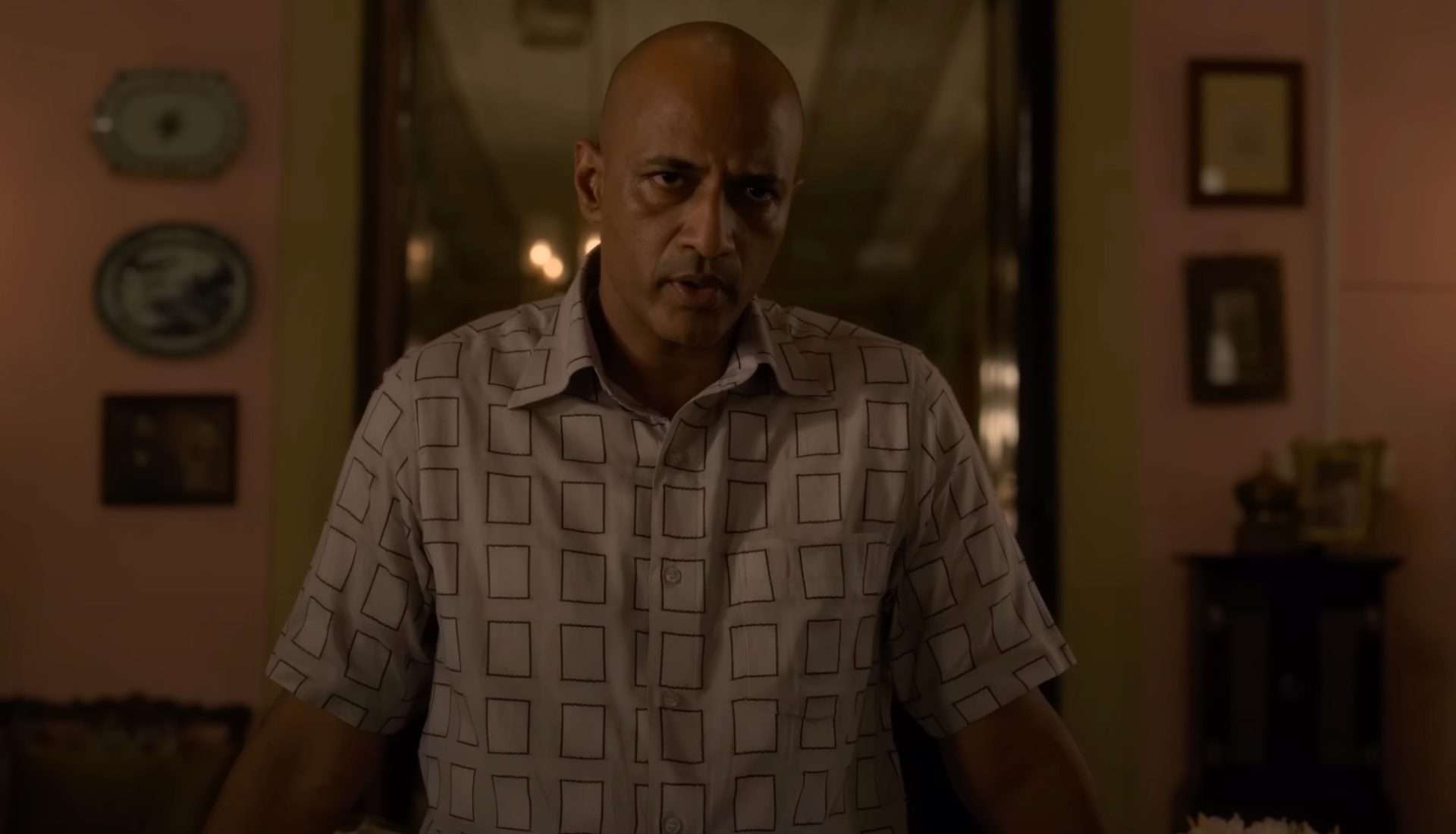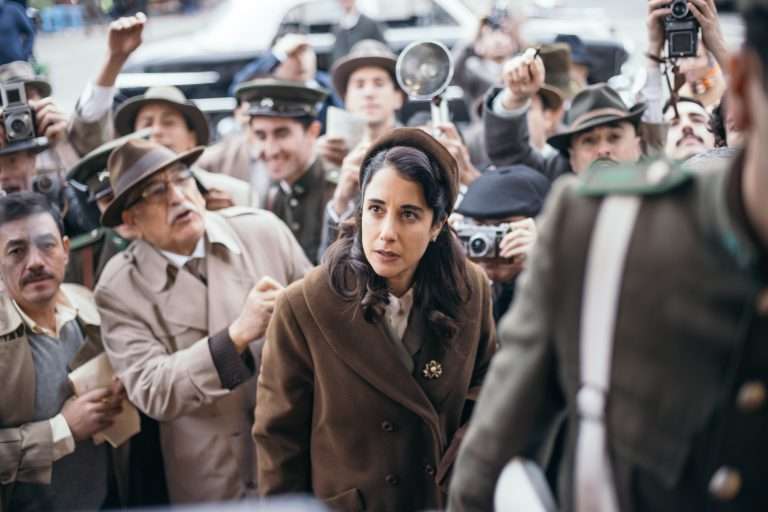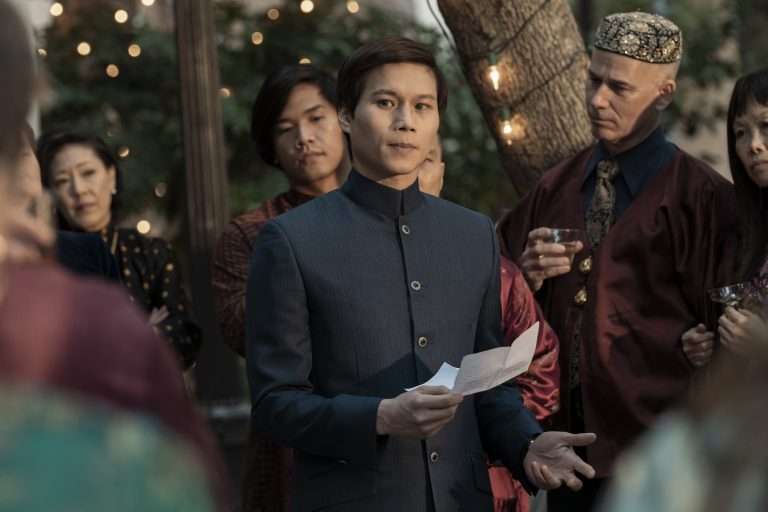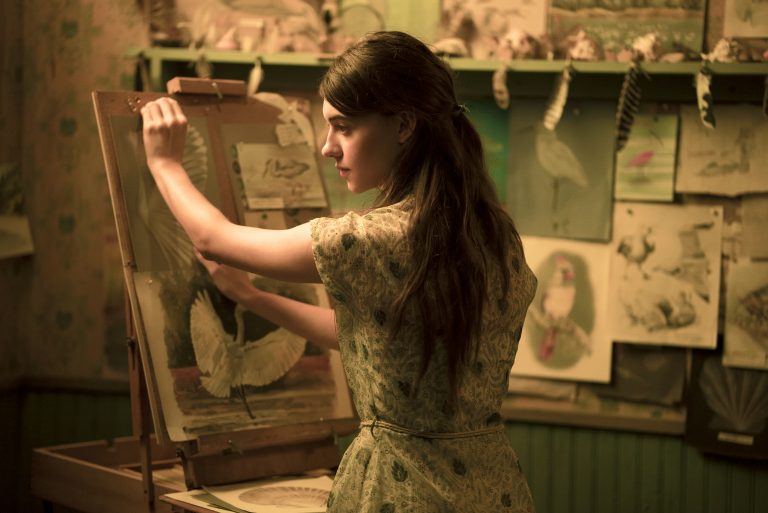It’s almost a given now, put Nawazuddin Siddiqui in any role, and he’ll turn it into something memorable, and his latest turn as Costao Fernandez is no different. “Costao” is a serious film at heart, but there are these unexpected pockets of humor, mostly when Costao is spending time with his wife and kids. Those scenes feel warm, grounded, and Nawaz adds just the right touch of dry, offbeat humor. These scenes aren’t the highlights of the film, but thanks to their comic timings, they will stick with you.
We’ve seen Nawaz pull this off before, too. Take “Kick” or “Raees,” for example. In the latter, he played a no-nonsense cop, but still managed to deliver hilarious one-liners without breaking the tone of the film. That’s what makes him special. He never lets go of the seriousness of the role, yet finds those small windows to throw in something that’ll either make you chuckle or just smirk and think, “That was clever.” In “Costao,” he does that multiple times, balancing intensity with levity in a way that feels completely natural.
Once the film moves past its lighter moments, that’s when you really start to see Nawazuddin Siddiqui’s acting prowess. The story takes a sharp turn when Costao accidentally kills one of the smugglers in self-defense, and from that point on, it’s a different ride altogether. Costao goes on the run, and Nawaz brings out every element of that panic, guilt, fear, and inner conflict like it’s second nature. Nothing he does feels performed, and everything feels lived in.
One of the most powerful parts of the film is his on-screen chemistry with Priya Bapat. Their scenes together feel less generic, whether it’s the quieter, romantic moments or the charged arguments where she begs him to let go of his pride and just walk away from the fight. There’s a particular scene where she tells him, eyes welling up, that his fight is not just his anymore, it’s theirs too, and what makes it even more haunting is that the entire story is being told through the voice of Costao’s daughter, Marrissa.
Her narration starts off light, almost nostalgic, where she tells us about how honest and determined Costao is, but it slowly shifts into fear and uncertainty as she recounts how her father stood up against smugglers and the corrupt system in the ‘90s. It makes us wonder what it must have felt like for the children, watching their father go through all this despite doing nothing wrong.
Another big strength of “Costao” is its well-thought-out ensemble cast, and one standout is Kishore Kumar G. You might remember him from his last outing opposite Salman Khan, where he played a cop, but that film barely scratched the surface of what he’s capable of, thanks to limited screen time. “Costao” doesn’t make that mistake.
This time, Kishore gets the space he deserves, and he uses every second of it to deliver a villain who’s both terrifying and oddly calm. He plays a smuggler who keeps insisting he’s just a “businessman,” and that’s where the creepiness starts. His cool, almost bored attitude makes him even more dangerous, like someone who’s done this for so long, it’s just routine now.
There’s no over-the-top anger, no shouting matches, just unsettling calm as he moves through scenes like he’s always in control. That nonchalance isn’t a flaw. In fact, it works beautifully in his favor, making him feel all the more real and unpredictable. What’s impressive is how meticulously his character is written. He’s not just a bad guy for the sake of it. “Costao” really lets Kishore shine, and in doing so, adds another layer of tension to the film. You never really know what his character is going to do next, and that keeps you hooked.

“Costao” doesn’t hold back when it comes to its themes. The film dives deep into betrayal, systemic corruption, and the harsh reality of how the world really works, where people with deep pockets can wave money around and shut down any wrongdoing like it’s nothing. They can buy silence, twist the truth, and walk away clean. On the other hand, someone like Costao, a man who stands by his morals and chooses to do the right thing, ends up facing the full weight of the system, even when he hasn’t done anything wrong. Watching that unfold on screen is genuinely heartbreaking.
You see a man who just wants to live a quiet, honest life get dragged into chaos simply because he refuses to bow down. The most painful part is that the film is not fiction. While the film does dramatize a few scenes for cinematic impact, the core of the story, the injustice, the corruption, the pressure on Costao and his family — all of that is drawn from real events. These things actually happened to the real-life Costao Fernandes.
Now, is Costao a perfect film or even a perfect biopic? Not really. While it definitely has its strong points, there are parts where you can’t help but feel the storytelling drops the ball. One major issue is how lazily some of the film’s most important moments are handled. A big chunk of the second half is set in the courtroom, where Costao is on trial, and the big question is whether he killed the smuggler in self-defense or if he misused his authority and murdered an innocent man.
That setup had so much potential. The courtroom scenes could’ve added the much-needed tension. But instead, they feel sluggish and underwritten. The screenplay doesn’t dive into the legal or emotional stakes enough; it just floats by when it could’ve really pushed the drama up a notch. This was a missed opportunity to turn “Costao” into not just a gripping biopic, but also a powerful courtroom drama.
Especially considering that in real life, the real Costao Fernandes spent seven long years fighting this case. Seven years of his life gone, and while the film does try to show some of his struggles during that period, it barely scratches the surface. Most of those moments are rushed, touched on briefly when they deserved real focus. We never truly feel the weight of what that long, drawn-out fight cost him and his family emotionally.
It’s frustrating because the story had all the right ingredients: a principled man wronged by the system, a high-stakes trial, and years of personal suffering, but somewhere along the way, the film loses grip on that thread. These gaps, the underwhelming courtroom sequences, and the rushed portrayal of his long struggle are some of the film’s biggest flaws. That said, “Costao” is still a good film overall. It has heart, it has performances that stick, and it tells a story that needed to be told. It just could’ve been great if only it had been a bit more thoughtful with its choices.


![Dhuin [2022]: ‘MAMI’ Review – Placid and ruthless in the same breath](https://79468c92.delivery.rocketcdn.me/wp-content/uploads/2022/02/Duin-Movie-2022-Achal-Mishra-768x432.jpg)



